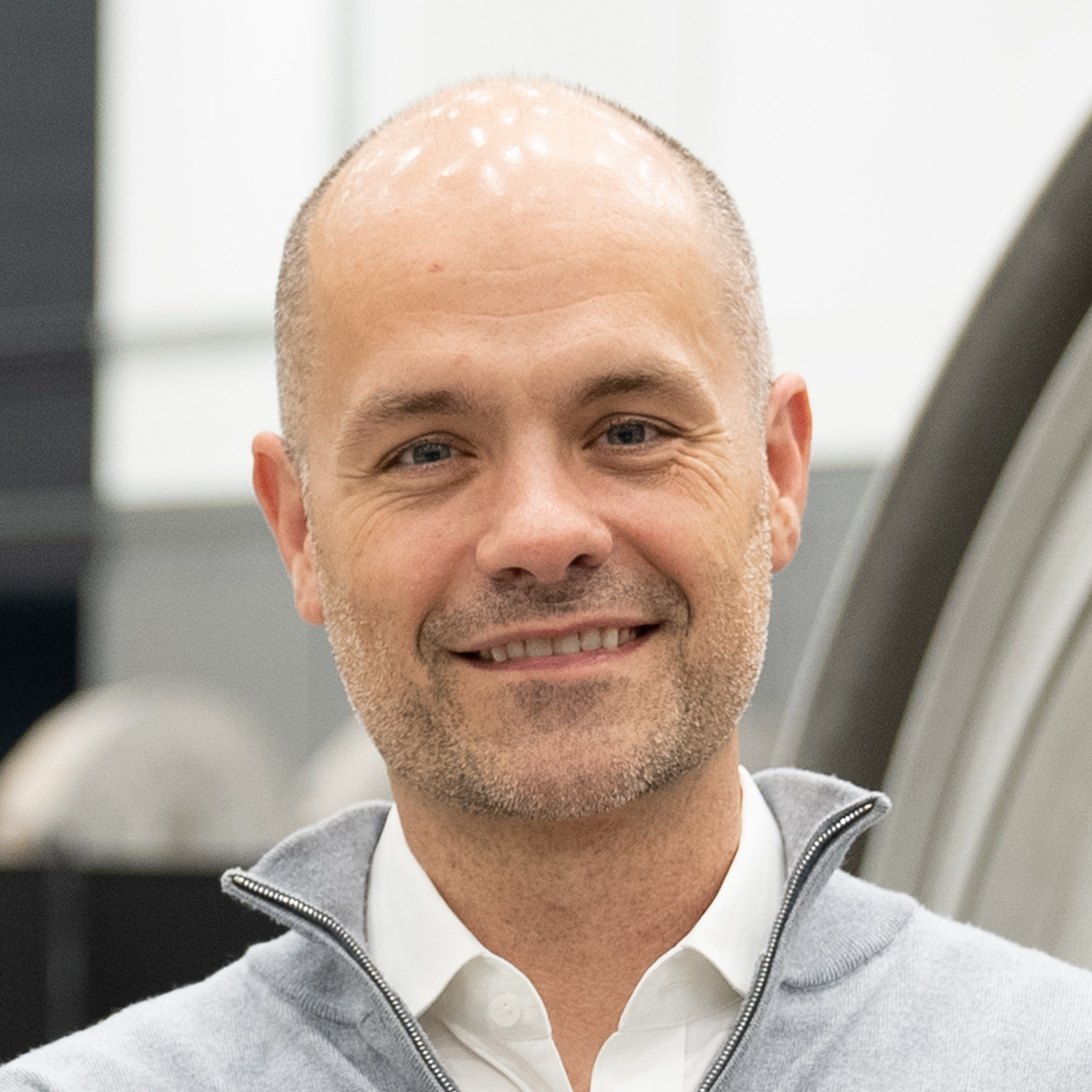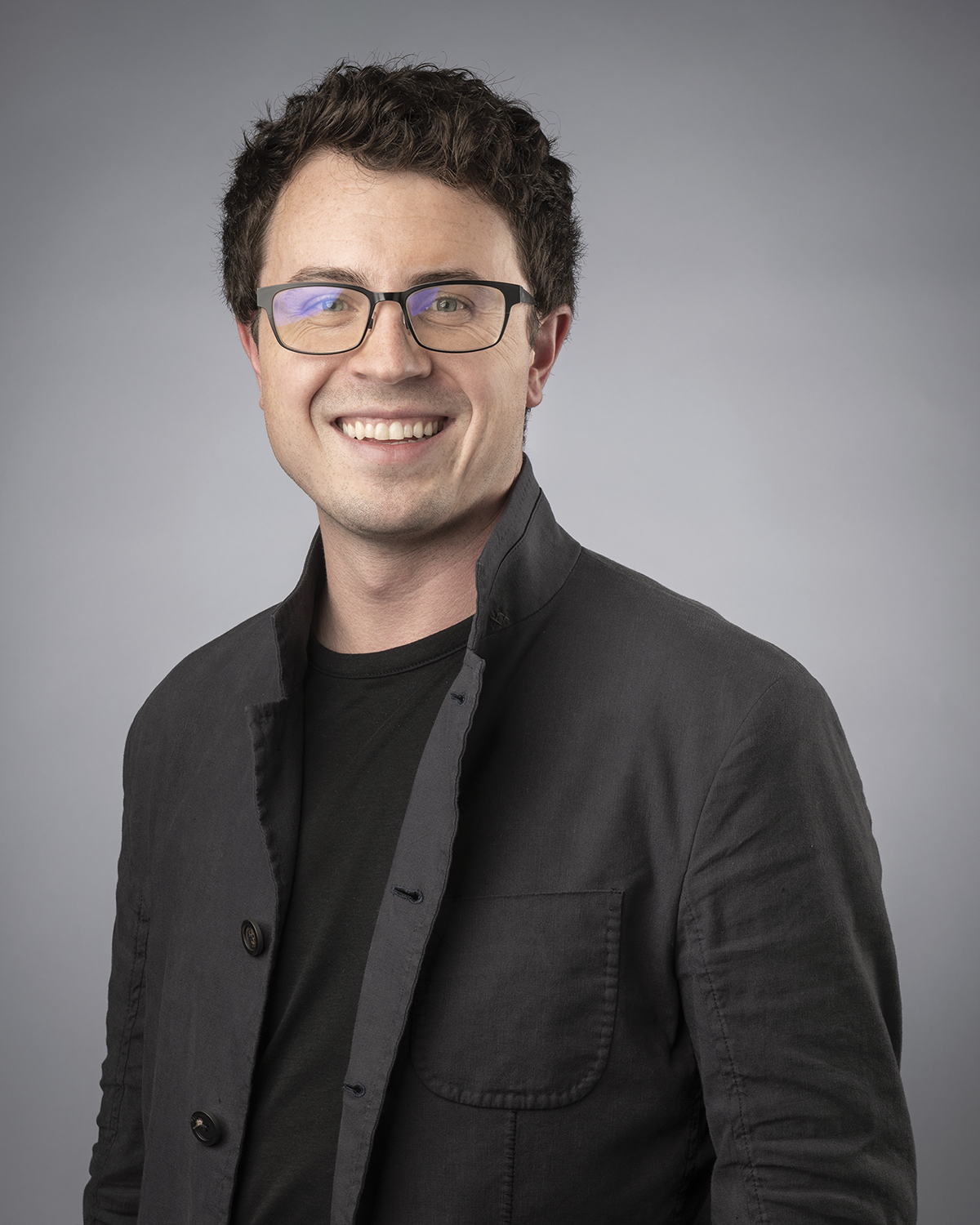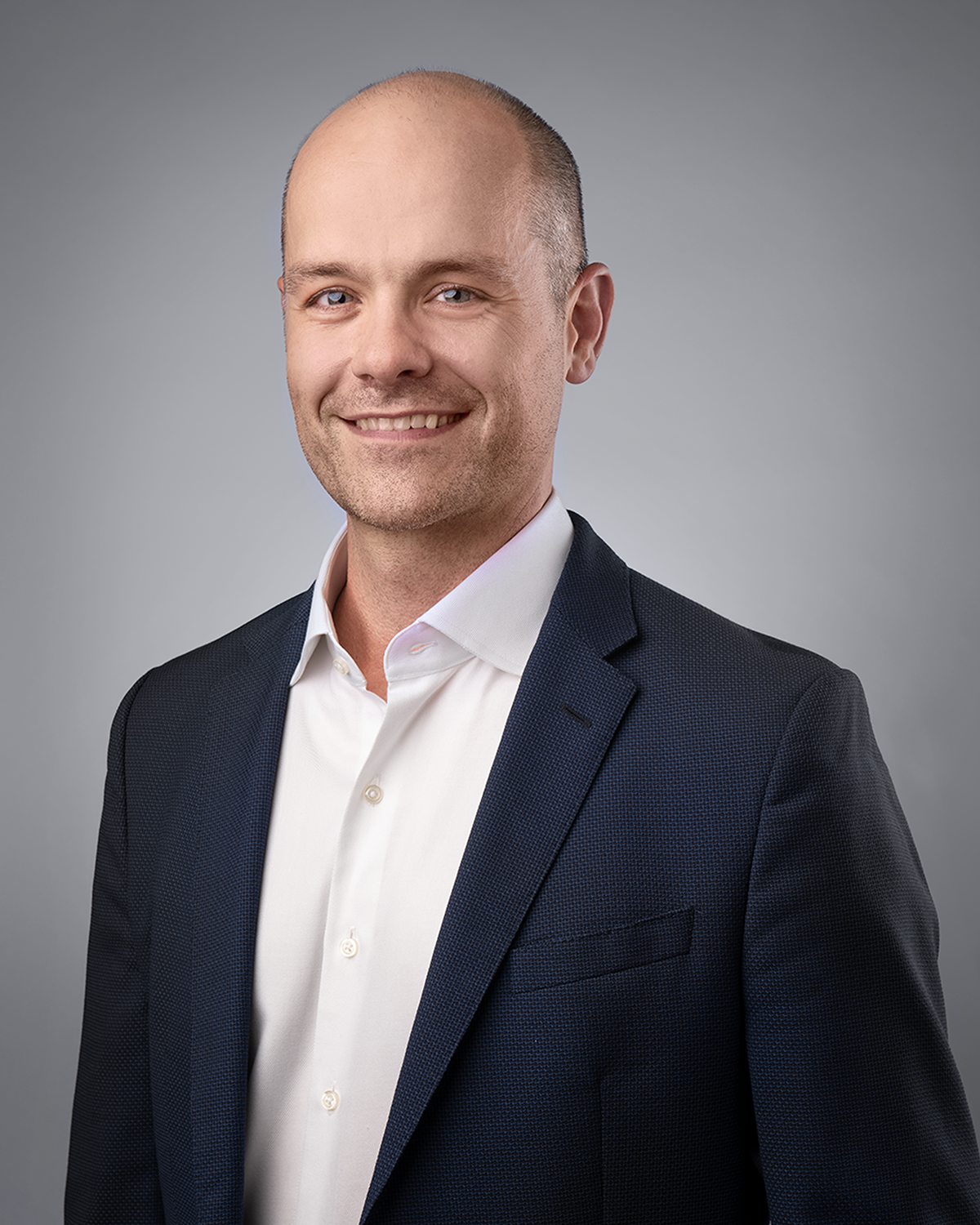Our leaders are committed to building value for our customers, our employees, and humanity on Earth and beyond. Blending experience from the frontlines of innovation, the team is bound by a shared vision to take the next leap.

Eric Schmidt
Executive Chairman and Chief Executive Officer
Eric Schmidt, KBE, Executive Chairman and CEO of Relativity Space, is best known for his pivotal role in the growth of Google and is now among the most prominent voices on technology, AI, business, and philanthropy. As Chairman and CEO, he oversaw Google’s transformation from a small startup to one of the world’s most influential companies from 2001 to 2011. Under his leadership, alongside Sergey Brin and Larry Page, the company dramatically scaled its infrastructure and diversified its products, while maintaining a strong culture of innovation.
Eric founded the Special Competitive Studies Project in 2021, a non-profit initiative focused on strengthening America’s long-term AI and technological competitiveness in national security, the economy, and society. Most recently in 2024, Eric and his wife Wendy co-founded Schmidt Sciences, a nonprofit organization working to advance science and technology that deepens human understanding of the natural world and develops solutions to global issues. He has written several acclaimed books, including his latest New York Times bestseller titled Genesis: Artificial Intelligence, Hope, and the Human Spirit (2024), co-written with the late Dr. Henry Kissinger and Craig Mundie.

Maria Seferian
Executive Vice Chair
Maria Seferian is the President of Hillspire, LLC, where she oversees all aspects of the family office’s operations, investments, and philanthropic initiatives. She also serves as Executive Vice Chair of Relativity Space, working closely with the CEO and management to align strategic, operational, and shareholder priorities.
Previously, Maria was a partner at Munger, Tolles & Olson LLP, where she specialized in public and private mergers and acquisitions, joint ventures, private equity, venture capital, and capital markets across various industries. In 2013, she served as interim director and CEO of the Museum of Contemporary Art (MOCA) in Los Angeles, leading a successful financial turnaround.
Maria is a director of IAC, Inc. (NASDAQ: IAC), Chair of the Board of Trustees of MOCA, and a founding senior advisor to a global defense technology company. She began her legal career as a judicial clerk for the Honorable Judge James L. Oakes on the U.S. Court of Appeals for the Second Circuit.
Maria holds a J.D. with honors from Harvard Law School, and both a Master’s and Bachelor’s degree with honors in Philosophy from the University of Illinois.

Kevin Wu
Chief Technology Officer
As Chief Technology Officer, Kevin oversees the development of Relativity’s next-generation Terran R rocket, including structures & mechanisms, propulsion, fluids, avionics, flight sciences, technology development, and program management.
He spent more than a decade at SpaceX, supporting Falcon 9, Falcon Heavy, Dragon 1, Dragon 2, Starship, and Starlink programs. Overseeing core flight science disciplines, Kevin worked on the maiden flight of Falcon 9, Falcon Heavy, and led the analysis teams through the interdisciplinary challenges needed to fly crew aboard the Dragon 2 spacecraft. As part of the vehicle engineering department, he managed the dynamic environments and loads teams which helped to push through challenging failure investigations of CRS-7 and AMOS-6, eventually upgrading Falcon 9 to be first-stage reusable and human-rated. Kevin’s earlier work as Propulsion Dynamicist comprised of solving technical problems related to combustion stability, injector design, gas generator and turbopump dynamics, and coupled fluid-structural responses such as liquid rocket pogo stability. This work helped develop the venerable Merlin-1D RP-1/LOX engine and supported the first flights of the Falcon 9 and Cargo Dragon vehicles.
Before SpaceX, Kevin began his career in the automotive industry at Garrett Turbochargers, working on variable nozzle turbomachinery. He holds a BS in Mechanical Engineering from the University of Illinois Champaign-Urbana.

Robin Petitprez
SVP of Manufacturing and Supply Chain
Robin Petitprez serves as Senior Vice President of Manufacturing and Supply Chain at Relativity Space, where he leads the development and scaling of the company’s integrated factory operations and hardware production. Robin brings over a decade of hands-on experience in rapidly industrializing advanced aerospace and automotive systems at scale.
Prior to joining Relativity, Robin spent eight years at SpaceX, where he played a pivotal role in increasing Falcon vehicle production by 10x, led a world-class machining operation, and built the Raptor engine production system from the ground up. He also helped scale the Starship program in Texas from its earliest days.
Before SpaceX, Robin led the capital expenditure team at Tesla, overseeing the scaling of Drive Unit, Battery, Stamping, and Casting production systems—including all equipment and assembly lines at the Nevada Gigafactory.
Robin is known for his ability to stand up and scale complex manufacturing systems under aggressive timelines, and for a leadership style that is both hands-on and deeply team-oriented.

Umer Khan
Chief Information Officer and SVP of Software
Umer leads software engineering at Relativity Space, including rocket design, simulation, test, launch, flight, recovery, and mission control. He is also responsible for the company’s technology infrastructure, spanning enterprise applications, factory automation, cybersecurity, and artificial intelligence.
Umer brings more than 25 years of experience in leading software, technology, and security teams at high-growth R&D companies. Prior to joining Relativity, he was Chief Information and Security Officer at MaxLinear, a leading semiconductor firm where he scaled engineering systems, business applications, IT infrastructure, and security. Before that, Umer was a Vice President at SpaceX, where he spent more than nine years enabling mission-critical launch, control, and recovery as well as full-scale USA-based manufacturing. Umer also held various technical leadership roles at Broadcom Corporation over 13 years.
Umer has a BS in Electrical and Computer Engineering with a concentration in software from Illinois Tech, an MS in Information Security Engineering from SANS Technology Institute, and an MBA from the Wharton School of the University of Pennsylvania.

Josh Brost
Chief Revenue Officer
Josh is the Chief Revenue Officer, having previously served as Senior Vice President of Revenue Operations. In his role, he leads strategy for Relativity’s business development, government affairs, and customer program management.
An experienced aerospace business leader, Josh has a proven track record of shaping long-term strategies that deliver revenue growth while also shaping how customers purchase existing services and novel capabilities. Under Josh's leadership, Relativity has secured launch service agreements totaling $1.8 billion from commercial and government entities. Prior to joining Relativity, Josh spent nine years at SpaceX, where he was the Senior Director of Government Business Development. He successfully secured more than $3 billion in contracts – including SpaceX’s first U.S. Air Force EELV launch services contract, an Other Transaction Authority agreement to develop a new boost stage engine, and the first operational Falcon Heavy mission. Josh previously worked as a consultant at Boston Consulting Group and as an aerospace engineer at Boeing.
He holds a BS and MS in Aerospace Engineering from Arizona State University and the University of Washington, respectively, in addition to an MBA from Harvard Business School.

Sarah Banco
Executive Counsel & Head of Strategic Affairs
Sarah Banco is a Senior Legal Director at Hillspire, LLC. She also serves as Executive Counsel and Head of Strategic Affairs of Relativity Space. At Relativity, Sarah oversees several corporate functions, helping them develop and action strategy to drive corporate and operational priorities, both internally and externally.
Previously, Sarah was at SpaceX for 10 years, serving most recently as Senior Director of Legal. Her work included negotiating billions of dollars in novel contracts for Starlink, human spaceflight, and launch services, pioneering international launch and landing of rockets and space medicine, building multiple regulatory programs, and working government affairs matters. Before SpaceX, Sarah was an Associate at Akin Gump, where she was in the international trade group, focusing on export controls, sanctions, anti-corruption, and foreign investment.
Sarah holds a Juris Doctor (JD) and a Master of Social Work (MSW) from the University of Michigan, as well as a Bachelor of Arts.

Clay Walker
VP of Test and Launch
Clay is the Vice President of Test & Launch Operations at Relativity Space, where he oversees test operations and ensures the successful launch of missions. With a strong background in test operations and management, he was the Launch Director for Relativity’s maiden launch of Terran 1 in March 2023 from Launch Complex 16 at US Space Force Base in Cape Canaveral.
He joined Relativity from SpaceX – most recently as a Senior Manager of Stage Test Operations – where he oversaw critical development and acceptance testing for Falcon stage 1 and stage 2 ensuring the reliability of the stage systems. Earlier in his career, Clay worked as a Flight Test Engineer at QinetiQ North America working on aircraft survivability.
Clay holds a BS and an MS in Aerospace, Aeronautical, and Astronautical Engineering from Auburn University.

Tim Ellis
COFOUNDER & CHIEF EXECUTIVE OFFICER
Disrupting 60 years of global aerospace manufacturing, Relativity is the first and only aerospace platform to integrate machine learning, software, and robotics with metal 3D printing to design, print and fly rockets in days, with the long-term goal of building humanity’s multiplanetary future. Since co-founding Relativity, Tim has helped change the future of space exploration by expanding the possibilities of additive metal manufacturing.
Under his leadership, Relativity developed Stargate, the largest metal 3D printer in the world which produces Terran 1, the world’s first entirely 3D printed launch vehicle, and Terran R, the first fully reusable, entirely 3D printed rocket. Terran 1 is the most presold rocket in history, with multiple contracts from both private and government entities, including a U.S. Department of Defense (DoD) contract, facilitated by the Defense Innovation Unit (DIU), a Venture-Class Acquisition of Dedicated and Rideshare (VADR) and a Venture Class Launch Services (VCLS) Demonstration 2 contract with NASA, as well as an on-demand satellite launch contracts with Iridium and Telesat. Terran R also has several commercial contracts already signed for its larger 20,000 kg payload volume. Tim played a leading role in closing hundreds of millions of dollars in partnership with the U.S. Government, including securing the first-ever US Air Force launch site award to a venture-backed company at Cape Canaveral, and exclusive 20-year agreements for multiple test sites at NASA Stennis Space Center.
Prior to Relativity, Tim was responsible for bringing metal 3D printing in-house at Blue Origin and served as a Propulsion Development Engineer on Crew Capsule RCS thrusters, BE-4, and New Glenn. He holds an MS and a BS in Aerospace Engineering from USC, where he helped launch the first student-designed and built rocket into space, together with Relativity Cofounder and Executive Advisor Jordan Noone.
Tim has testified to the U.S. Senate on commercial space policy and is the youngest member of the National Space Council Users Advisory Group by nearly two decades, directly advising the United States White House on all space policy. He also serves on the World Economic Forum as a Technology Pioneer, and has been honored on TIME 100 Next, MIT 35 Innovators Under 35, and “30 Under 30” from Business Insider, Forbes, and Inc. Magazine.
Relativity is backed by leading investors including Baillie Gifford, Blackrock, BOND, Coatue, Fidelity, General Catalyst, ICONIQ Capital, K5 Global, Mark Cuban, Playground Global, Social Capital, Tiger Global, Tribe Capital, Y Combinator, and 3L.

Mo Shahzad
Chief Financial Officer
Muhammad “Mo” Shahzad currently serves as the Chief Financial Officer of Relativity Space, a vertically integrated technology platform that fuses 3D printing, artificial intelligence, and autonomous robotics to design, print, and fly entirely 3D-printed rockets with 100x fewer parts in less than 60 days.
Under Mo’s leadership, Relativity raised approximately $1.2 billion in funding and scaled up to be the second most valuable private space company in the industry, backed by leading investors including Baillie Gifford, Blackrock, BOND, Coatue, Fidelity, General Catalyst, ICONIQ Capital, K5 Global, Mark Cuban, Playground Global, Social Capital, Tiger Global, Tribe Capital, Y Combinator, and 3L. Mo brings more than 15 years of finance and capital markets experience, an extensive background in financial planning, operations, management, and strategy, as well as a deep knowledge of the technology industry. Prior to Relativity, he served as CFO of The Honest Company, where he partnered with the CEO and founder on strategy and day-to-day operations, led nearly $500 million of financing rounds across a broad spectrum of investors, and scaled the business profitably.
Prior to The Honest Company, Mo was a Vice President in the Technology, Media & Telecom Investment Banking Division at Goldman, Sachs & Co. where he covered a broad array of clients, advised on over $30 billion in financing and M&A transactions, and served as West Coast business unit manager, including responsibility for West Coast investment banking recruiting. Mo started his career at Accenture and Deutsche Bank and eventually founded his own startup.
Mo is involved in various nonprofit boards, including the National Board of Trustees at March of Dimes, and serves as Chair of the Board at Developments in Literacy, among others. He holds an MBA from UCLA Anderson School of Management and a BSc in Economics cum laude from The Wharton School at the University of Pennsylvania.

Zach Dunn
Chief Operations Officer
Zach Dunn currently serves as Senior Vice President of Engineering and Manufacturing at Relativity Space, a vertically integrated technology platform that fuses 3D printing, artificial intelligence, and autonomous robotics to design, print, and fly entirely 3D-printed rockets with 100x fewer parts in less than 60 days.
With extensive experience in launch vehicle development and operations, Zach oversees the full evolution of Relativity’s entirely 3D printed rockets across all stages of design, engineering, and manufacturing. In his role, he and his team solve complex operational and technical challenges that enable Relativity to build humanity’s multiplanetary future by evolving traditional manufacturing through 3D printing, broadening technological solutions, and enabling more efficient interplanetary travel.
Zach brings 15 years of direct engineering and manufacturing experience to Relativity, having most recently served as Senior Vice President of Production and Launch at SpaceX. During his time at SpaceX, he led the team responsible for the development of the Merlin and Raptor rocket engines, as well as the launch and recovery of the Falcon 9 and Dragon vehicles. Zach was also instrumental in the development of SpaceX’s West Coast launch site at Vandenberg Air Force Base in California.
Zach holds a BSE from Duke University in Mechanical Engineering and an MSE from Stanford University in Aeronautics and Astronautics, where he authored five American Institute of Aeronautics and Astronautics papers advancing state-of-the-art hybrid rocket propulsion technology.

Josh Brost
SVP of Revenue Operations
Josh Brost is the Vice President of Business Development at Relativity Space, a vertically integrated technology platform that fuses 3D printing, artificial intelligence, and autonomous robotics to design, print, and fly entirely 3D-printed rockets with 100x fewer parts in less than 60 days. In his role, he leads the team responsible for Relativity’s business development strategy and customer mission management efforts.
As an experienced aerospace business leader, Josh has a proven track record of shaping long-term strategies that deliver company revenue growth while also shaping how customers purchase existing services and novel capabilities. Under Josh's leadership, Relativity’s first rocket, Terran 1 has become the most pre-sold rocket in history, with multiple contracts from both private and government entities, including a U.S. Department of Defense (DoD) contract, a Venture Class Launch Services Demonstration 2 contract with NASA as well as on-demand satellite launch contracts with Iridium, Telesat, among others.Prior to joining Relativity, Josh spent nine years at SpaceX where he was the Senior Director of Government Business Development, securing more than $3 billion in government and commercial contracts, including SpaceX’s first U.S. Air Force EELV launch services contract, an Other Transaction Authority agreement to develop a new boost stage engine, and the first operational Falcon Heavy mission. Josh also previously worked as a consultant at the Boston Consulting Group and as an aerospace engineer at Boeing.
In addition to a B.A. and M.A in Aerospace Engineering from Arizona State University and The University of Washington respectively, Josh earned his MBA from Harvard Business School.
